TABMED 2022 projects
The main component of the summer program is an active participation in the selected medical and pharmaceutical research project offered by the staff members of the Collegium Medicum, please see the topics and their descriptions below. Interested students are welcome to contact possible advisors for more details concerning the foreseen projects and discuss the dates that the project could be undertaken.
Medicine:
Pharmacy:
- New drugs active in the nervous system design - molecular modeling phase study
- Application of Computer-Aided Drug Design in pharmaceutical research
Medicine, health sciences:
- The impact of educational interventions on awareness, knowledge, and implementation of breast cancer prevention screenings
- Virtual and augmented reality in doctor-patient communication in the diagnosing process
Medicine, laboratory medicine, pharmacy:
- Assessment of selected pro and anti-inflammatory parameters in patients with neurodegenerative diseases
- The use of flow cytometry to evaluation of expression of protein involved in epigenetic processes in patients with chronic heart failure
- Effect of Silybum marianum extracts on the behavior of viscoelastic parameters of ROTEM® in the blood of healthy volunteers
Medicine, laboratory medicine, health science:
BACs extracted from biowaste for medical applications
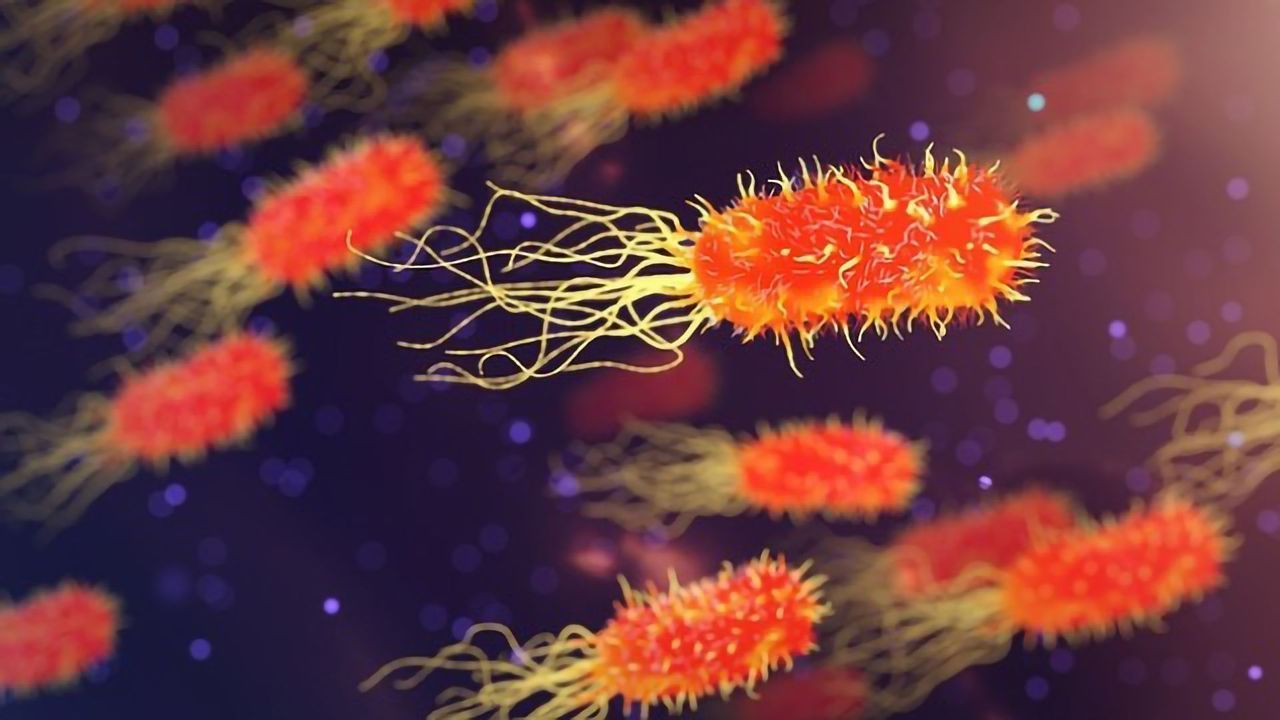
Research description and objectives: The last decade has been focused on the development of novel and efficient drug development systems to various applications, especially in the medical and pharmaceutical industry. Certain agricultural side streams – those from olives, wineries, pomegranates, citrus fruits, chicory, pineapples, berries, and onions – are rich in phenolic bioactive ingredients. Many of these bioactives possess antioxidant, antimicrobial, antifungal, anti-inflammatory properties, potentially even anticancer and antiviral activities. However, their full potential has yet to be realised, due to a lack of technologies capable of preserving the complexity and functionality of these compounds in a way that is safe, sustainable and can do so in financially viable quantities. Hence, the aim of this proposal for student is to introduce and show the latest achievements and possibilities of high technology for developing a benign, efficient, and environmentally friendly biorefinery process to address this challenge. By focusing on specific agricultural waste streams that are not currently fully exploited for high-value bioactive compounds. It will use a novel biological and physical feedstock pre-treatment followed by benign extraction using novel green solvents and subcritical water, maximising efficiency, and preserving the desired qualities of the polyphenols.
Research tasks:
- Introduction to laboratory practice and technology (eg. in vitro culture techniques, release of biologically active substances, 3D printing technology);
- Application of BACs in medical application (eg. as anticancer drugs).
| Supervisor: | Dr hab. Anna Bajek, prof. UMK (a.bajek[at]cm.umk.pl) |
| Department of Tissue Engineering Chair of Urology and Andrology | |
| Internship period: | August 2022 |
| Scientific discipline: | medicine |
^ ^ ^ ^ ^
New drugs active in the nervous system design - molecular modeling phase study
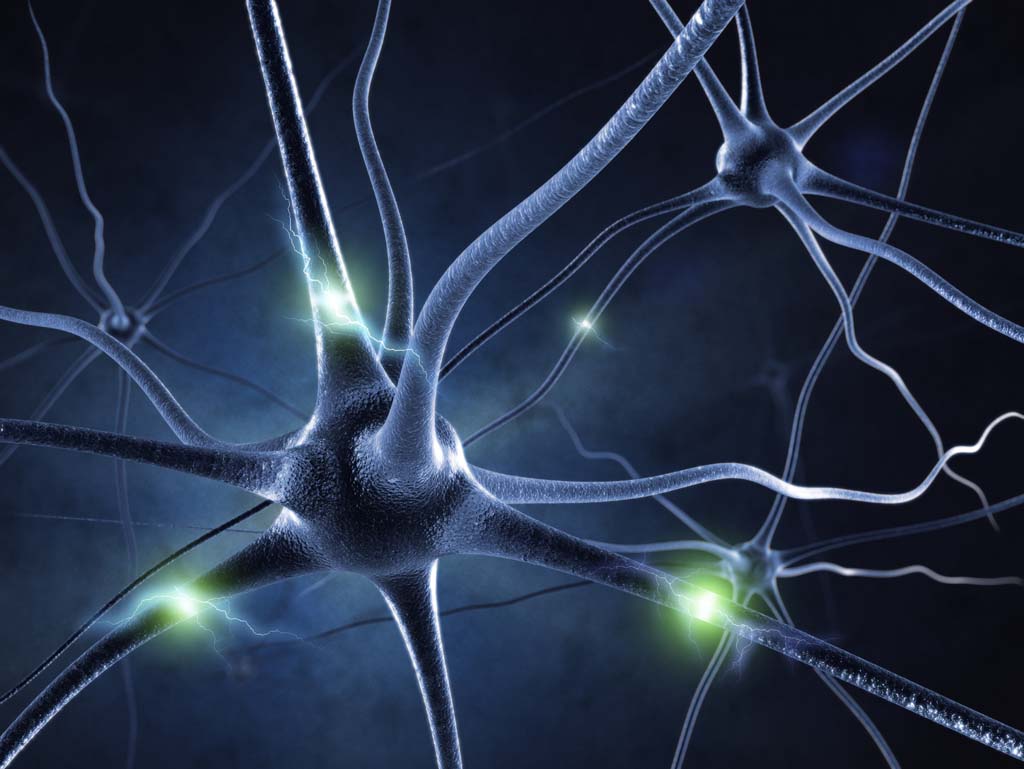
Research description and objectives: During the internship student will be introduced to Computer-Aided Drug Design Methods based on in silico computational chemistry methods. Nowadays every new drug have to undergo a series of tests including molecular modeling. The aim of the study will be determination of physicochemical and pharmacodynamic properties of selected substances potentially active in the nervous system. The student will be conducting in silico experiments using specialized drug design software as a part of internship. Moreover, the intern will be actively involved in the design of experiments, data analysis, discussion of the results and also determining of conclusions from the study.
Research tasks: The offer of cooperation is directed to a person who has documented publication of achievements in a given research area. Experience in "in silico" computational chemical methods are required.
| Supervisor: | Łukasz Fijałkowski, PhD (l.fijalkowski[at]cm.umk.pl) |
| Department of Organic Chemistry | |
| Internship period: | August 2022 |
| Scientific discipline: | pharmacy |
^ ^ ^ ^ ^
Application of Computer-Aided Drug Design in pharmaceutical research

Research description and objectives: The aim of the internship is to familiarize / expand students' knowledge of Computer-Aided Drug Design (CADD) methods based on bio- and chemoinformatics research techniques. Today, these techniques are widely used in pharmacy, medicine, biology and chemistry. The research goal of the project is an attempt to explain the nature / mechanism of action of bioactive compounds. The direct object of research is a group of selected anti-inflammatory and analgesic drugs. During the internship, the student will participate in experiments with the use of various computer programs. The student will also be actively involved in the design of experiments, data analysis, and discussion of the results.
Research tasks: The offer of scientific cooperation is directed to a person who has documented publication of achievements in a given research area. Experience in molecular modeling involving the interaction of ligands with transporting proteins (docking techniques) and molecular dynamics methods are required.
| Supervisor: | dr hab. Alicja Nowaczyk, prof. UMK (alicja[at]cm.umk.pl) |
| Department of Organic Chemistry | |
| Internship period: | August 2022 |
| Scientific discipline: | pharmacy |
^ ^ ^ ^ ^
The impact of educational interventions on awareness, knowledge, and implementation of breast cancer prevention screenings
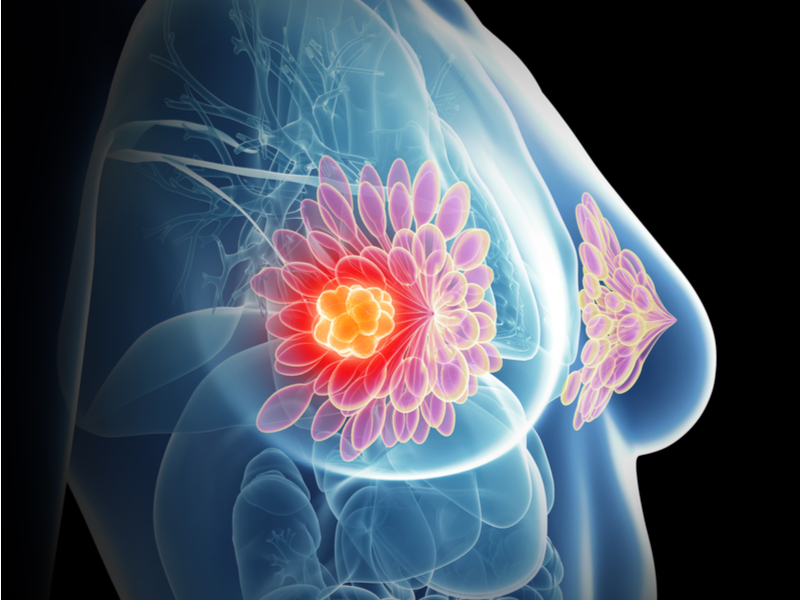
Research description: The role of preventive interventions is to prevent disease, early detection and anticipation of the occurrence of adverse disease symptoms. An additional role of prevention is to educate and raise awareness of the need to take up certain habits, such as lifestyle changes and self-examination. Currently in Poland there are 18 preventive programs financed by the National Health Fund, which are part of the National Program for Combating Cancer, including 5 in the area of cancer (cervical cancer, breast cancer, lung cancer, head and neck cancer, skin cancer). The proposed research design will be focused on breast cancer prevention. The aim of the research based on the presented design is to develop further an educational intervention model, and to validate it through the analysis of the already conducted study as well as comparing it worldwide. The results of the study will contribute to the promotion of breast cancer prevention interventions in areas with high cancer incidence rates.
Scientific objective and research task: The scientific objective is to analyze the impact of educational interventions on increasing awareness, knowledge and implementation of preventive examinations for breast cancer.
| Supervisor: | Oliwia Kowalczyk, PhD, NCU Adjunct Professor (oliwia.kowalczyk[at]cm.umk.pl) |
| Research and Education Unit for Communication in Healthcare, Department of Cardiac Surgery | |
| Internship period: | August 2022 |
| Scientific discipline: | medicine, health sciences |
^ ^ ^ ^ ^
Virtual and augmented reality in doctor-patient communication in the diagnosing process

Research description: Effective doctor-patient communication is a central clinical function in building a therapeutic doctor-patient relationship. This aim plays a significant part in the delivery of high-quality health care. Breakdown in the doctor-patient relationship is caused by patient dissatisfaction and many complaints. Among the roles of doctor-patient communication is also handling the fear, anxiety, and frustration. Modern technological advances have successfully connected virtual reality and medicine. Currently, VR and AR bring numerous beneficial features in the patient-centered approach in the healthcare field. The proposed research design will be focused on 3D visualization in the diagnosing part of the doctor-patient communication process. The aim of the research is to develop further the already worked on patient-centered approach model, and to validate it through the analysis of the already conducted studies worldwide. The results will contribute to the development of interventions with the use of virtual environment beneficial for patient informing and consulting procedures.
Scientific objective and research task: The scientific objective is to analyze the impact of 3D visualization on patient informing and consulting in the patient-centered approach.
| Supervisor: | Oliwia Kowalczyk, PhD, NCU Adjunct Professor (oliwia.kowalczyk[at]cm.umk.pl) |
| Research and Education Unit for Communication in Healthcare, Department of Cardiac Surgery | |
| Internship period: | August 2022 |
| Scientific discipline: | medicine, health sciences |
^ ^ ^ ^ ^
Assessment of selected pro and anti-inflammatory parameters in patients with neurodegenerative diseases

Research description and objectives: The aim of the project is to introduce the visisting student with the immunoenzymatic method that allows the assessment of selected pro and anti-inflammatory parameters in patients with neurodegenerative diseases. Literature reports increasingly suggest that increased oxidative stress accompanying neurodegenerative diseases promotes the accumulation of abnormal proteins such as β-amyloid, α-synuclein, tau protein and thus contributes to the development of inflammation. The response of microglial cells is the secretion of large amounts of. Such stimulation stimulates astrocytes to the synthesis of pro-inflammatory proteins and thus promotes the formation of insoluble forms of pathological proteins and negatively affects the integrity of the blood-brain barrier.
Research tasks: The analysis of the literature data concerning the potential markers of neurodegenerative diseases. The use of immunoenzymatic test (ELISA) for detection of selected pro and anti-inflammatory parameters. Data analysis and interpretation of results.
| Supervisor: | Dr hab. Mariusz Kozakiewicz, prof. UMK (markoz[at]cm.umk.pl) |
| Department of Geriatrics, Division of Biochemistry and Biogerontology | |
| Internship period: | August 2022 |
| Scientific discipline: | medicine, laboratory medicine, pharmacy |
^ ^ ^ ^ ^
The use of flow cytometry to evaluation of expression of protein involved in epigenetic processes in patients with chronic heart failure
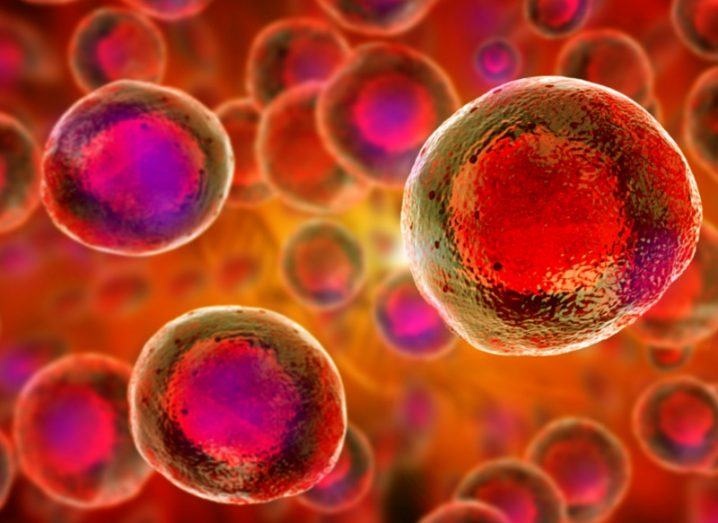
Research description and objectives: The aim of the internship is to introduce the visiting student to basics of the flow cytometry method and its application in cell analysis. In addition, the student will learn about the use of this technique in the immunostaining of extracellular and in particular intracellular markers, for example to investigate epigenetic processes. The nature of each cell is defined by its constituent proteins, which are the result of gene expression. Epigenetic changes play a special role in this process. In the literature, there are few in vivo results indicating the role of active DNA demethylation in cardiovascular diseases. In addition, demonstrating the relationship between inflammatory factors and the expression of active DNA demethylation enzymes can be one of the steps to assess the disease state and/or the effectiveness of treatment of one of cardiovascular diseases, which is heart failure.
Research tasks: Student will learn about issues related to epigenetics in cardiovascular diseases, design panel to investigate main cell populations in peripheral blood, including also intracellular staining markers, work on the Beckman Coulter CytoFLEX flow cytometer and learn correct analysis and interpretation of the obtained results.
| Supervisor: | Dr hab. Mariusz Kozakiewicz, prof. UMK (markoz[at]cm.umk.pl) |
| Department of Geriatrics, Division of Biochemistry and Biogerontology | |
| Internship period: | August 2022 |
| Scientific discipline: | medicine, laboratory medicine, pharmacy |
^ ^ ^ ^ ^
Effect of Silybum marianum extracts on the behavior of viscoelastic parameters of ROTEM® in the blood of healthy volunteers
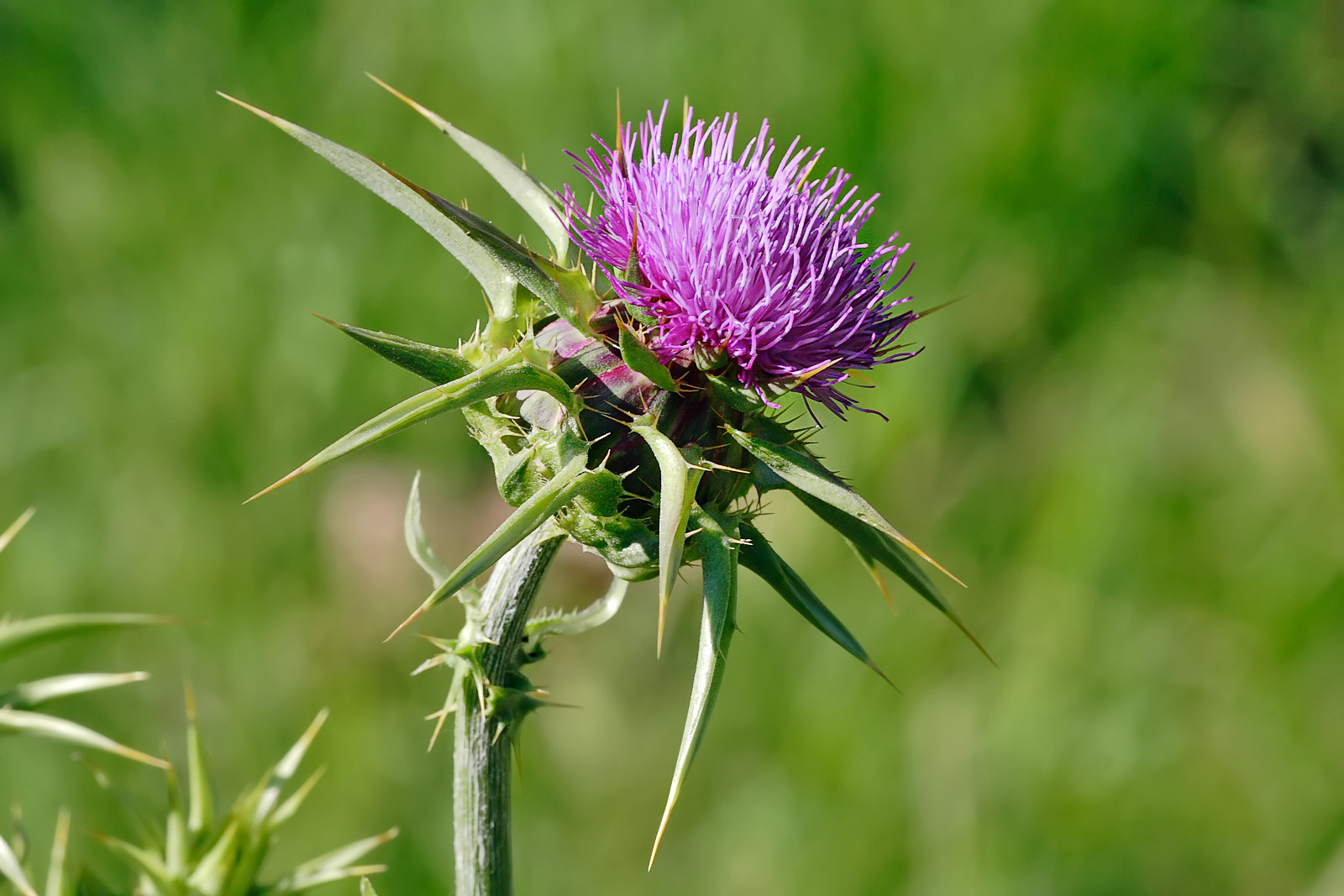
Research description and objectives: For many years, milk thistle (Silybum marianum) has been used as a medicinal plant. The main active ingredient obtained from milk thistle shells is silymarin. It is a combination of several biologically active compounds, mainly flavonoligans and flavonoids, most of which are silybin. Silymarin is effective as an anti-inflammatory, antioxidant and lowers cholesterol. Little is known, however, about the effects of silymarin on blood coagulation and fibrinolysis. For this reason, the goal of this study is to assess the effect of milk thistle extract on the parameters of hemostasis, assessed using the thromboelastoelastometric (TEM) method, which belongs to the viscoelastic techniques. Whole blood obtained from healthy volunteers will be used to assess the effect of plant extracts on coagulation and fibrinolysis parameters. A ROTEM® delta device will be used to perform three assays (EXTEM, FIBTEM and HEPTEM) on the blood samples at different concentrations after milk thistle extracts have been added to them. A student will:
- Prepare the plant extracts,
- Carry out coagulation tests,
- Interpret the results of laboratory analysis (under supervision) and
- Perform a preliminary statistical analysis.
| Supervisor: | Associate Professor Artur Słomka, PhD, DSc (artur.slomka[at]cm.umk.pl) |
| Department of Pathophysiology | |
| Internship period: | August 2022 |
| Scientific discipline: | laboratory medicine, pharmacy, medicine |
^ ^ ^ ^ ^
Cytometric cell analysation - from basic rules to proper cell phenotype assessment
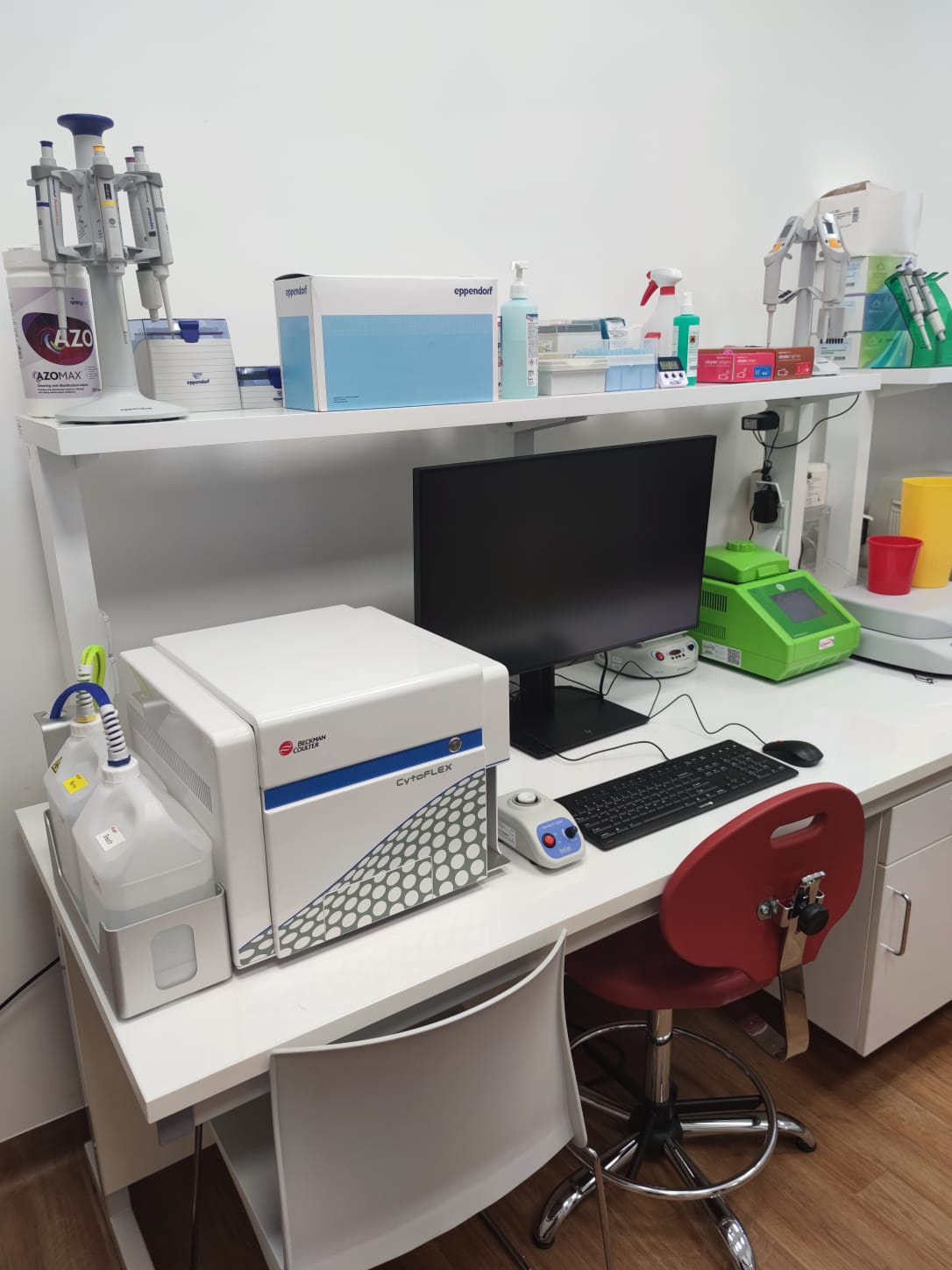
Research description and objectives: The task of the student involved in the implementation of the presented project will be to comprehensively design a research experiment of the phenotype analysis and differentiation of the population of peripheral blood mononuclear cells (PBMC), including lymphocytes and monocytes. The analysis of changes in the phenotype of the immune system cells and the study of the quantitative composition of their individual subpopulations is a widely used method used by researchers around the world to search for the causes of various diseases, as well as the impact of various therapies used in treatment of diseases. Hence, it is necessary to properly design the research panel, which is including a several number of activities:
- Appropriate selection of markers differentiating individual cells.
- Correct selection of fluorochromes and their correct compensation.
- Correct processing of biological material used for analysis.
- Correct collection of cytometric data and their analysis, guaranteeing the reliability and repeatability of the obtained results.
- Correct design of the research panel differentiating the subpopulations of lymphocytes and monocytes of peripheral blood.
- Analysis and presentation of the obtained results showing the correctness and repeatability of the designed method, in correlation with the data found in the literature.
| Supervisor: | Dr hab. Mariusz Kozakiewicz, prof. UMK (markoz[at]cm.umk.pl) |
| Department of Geriatrics, Division of Biochemistry and Biogerontology | |
| Internship period: | August 2022 |
| Scientific discipline: | medicine, laboratory medicine, health science |
^ ^ ^ ^ ^